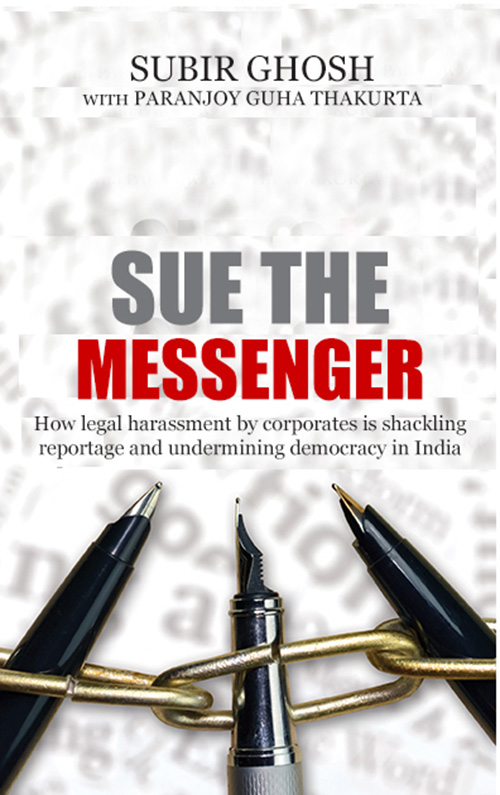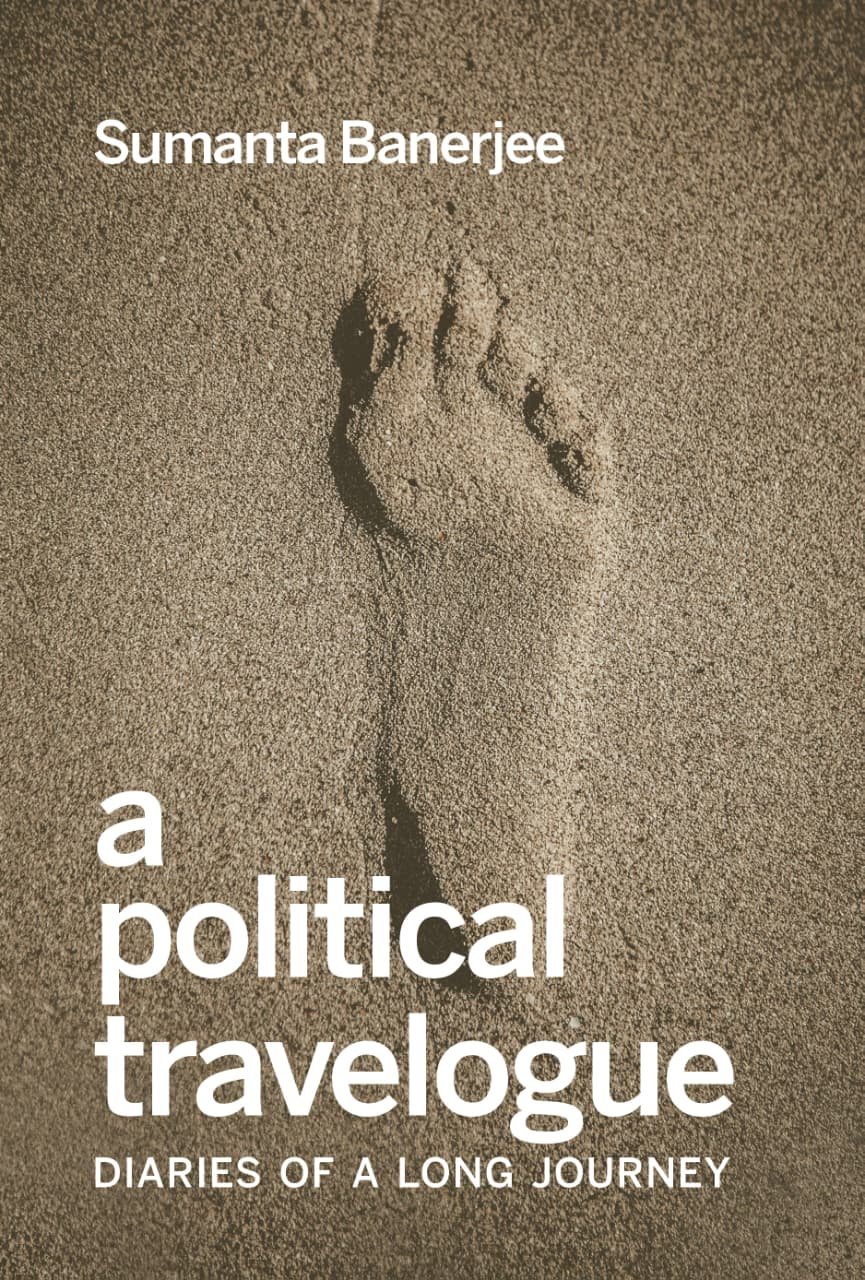Why is the Rashtriya Swayamsevak Sangh (RSS), the ideological parent of the Bharatiya Janata Party (BJP), so keen on appropriating the legacy of the “father of the nation” Mohandas Karamchand Gandhi? The answer is very simple: the Sangh Parivar or the family of organisations owing allegiance to the RSS, the BJP and its allies in the National Democratic Alliance coalition, the right-wing supporters of Hindutva and the ardent advocates of a Hindu Rashtra, just do not have in their midst a tall, imposing and iconic person like Gandhi.
Hence, there is an intense desperation within the Hindu Right to whitewash contemporary history and play down the fact that this Gujarati bania who was at the forefront of India’s anti-colonial independence movement, shared an extremely troubled relationship with the RSS. Mahatma Gandhi (1869-1948) met the ideologues of the RSS, including its founding sarsangchalak or “supreme leader” Keshav Baliram Hegdewar (1889-1940) and his successor Madhav SadashivGolwalkar (1906-73). He visited an RSS camp. He had a few good things to say about their “selfless service.”
However, what cannot be denied is that even if Gandhi was on occasions somewhat ambivalent towards the RSS, the leaders of the Hindu Right in general and the RSS in particular shared a highly antagonistic relationship with him – their feelings ranged from dislike to detestation and calling him names like “anti-national,” “Muslim-lover” and “pro-Pakistan.” Does that sound familiar? Some leaders of the Sangh even wished that he would be dead while he was very much alive.
No amount of laudatory editorial page articles in the New York Times by Prime Minister Narendra Modi or in the Mathrubhumi by the current head of the RSS Mohan Bhagwat, can divert attention from the fact that large sections of the Sangh vehemently hated Gandhi till he was assassinated on January 30, 1948.
A few quotations that one is liberally lifting from Ramachandra Guha’s recent article on the RSS and Gandhi in The Telegraph on 29 September will illustrate this contention. In September 1947, as Gandhi fasted in Calcutta (now Kolkata) to stop Hindu-Muslim killings, the RSS publication Organiser headlined his efforts: “Nero fiddled when Rome burnt,” drawing an extremely uncharitable comparison. It added: “From Calcutta Mahatma Gandhi is praising Islam and crying Allah-o-Akbar and enjoining Hindus to do the same, while in the Punjab and elsewhere most heinous and shameless barbarities and brutalities are being perpetrated in the name of Islam and under the cry of Allah-o-Akbar.”
Earlier that month, Gandhi met Golwalkar who had praised the Nazis of Germany and remarked that their notions of “racial purity” could be “a good lesson for us in Hindustan to learn and profit by.” This is the same person who Prime Minister Modi, a former pracharak (literally meaning promoter or propagator) of the RSS himself, has described as his “guru.” In the original edition of Golwalkar’s Bunch of Thoughts, a compilation of his speeches that was first published in 1966, he clearly stated that the three biggest “internal enemies” of the Hindus in India were Muslims, Christians and Communists respectively. While subsequent editions of the book have sought to sanitize his words, there are many in the RSS and the BJP who seem to believe, and take to heart till today, Golwalkar’s infamous comparisons. Not surprisingly, Bunch of Thoughts is sometimes called the RSS’s equivalent of the Koran, the Bible and the Communist Manifesto.
The most problematic aspect of the relationship between the RSS and the legacy of Gandhi is the fact that his assassin Nathuram Godse used to belong to the RSS before he left it and became part of the Hindu Mahasabha. The 92-year-old, now-sidelined BJP leader and former Deputy Prime Minister of India Lal Krishan Advani has often highlighted this aspect of Godse and has been publicly criticized for his views in this regard by none other than Gopal Godse, Nathuram’s brother.
What also continues to discomfort the RSS and the BJP is the fact that the Home Minister in Jawaharlal Nehru’s Cabinet, Sardar Vallabhbhai Patel, not only condemned the distribution of sweets by certain supporters of the RSS to “celebrate” Gandhi’s assassination, but outlawed the organisation and jailed many of its leaders (including Golwalkar) for around a year and a half. These facts are sought to be conveniently bypassed when the supporters of the current ruling regime in the country lionize Patel and spare no effort to juxtapose him against Nehru, India’s first Prime Minister, to portray the latter in an unfavourable light.
The RSS and the BJP has to appropriate Gandhi, not just on his 150th birth anniversary on October 2, but all the time because many of its leaders did not play an active role in the anti-colonial movement against British colonial rulers. Equally important is the fact that outside the country, the one Indian who is known and recognized for his espousal of non-violent protest is Gandhi. Some may paint Godse as a “patriot” and a “nationalist.” Golwalkar is hailed as a hero by many more. However, their names are familiar to only a few non-Indians. This explains the unseemly efforts by the RSS to try and claim Gandhi’s legacy.
(English translation of the article published on the editorial page of Mathrubhumi dated 9 October 2019 under the title 'Gandhijiye RSS Thattiyedukkunnadenthinu?'. The writer is an independent journalist, author, publisher, film-maker and teacher)


